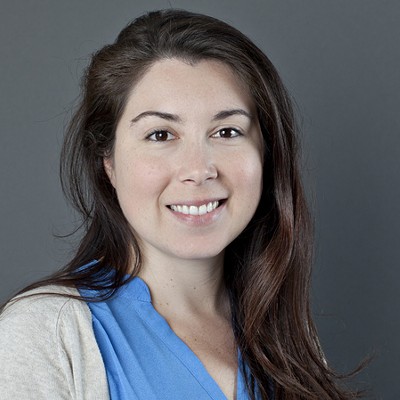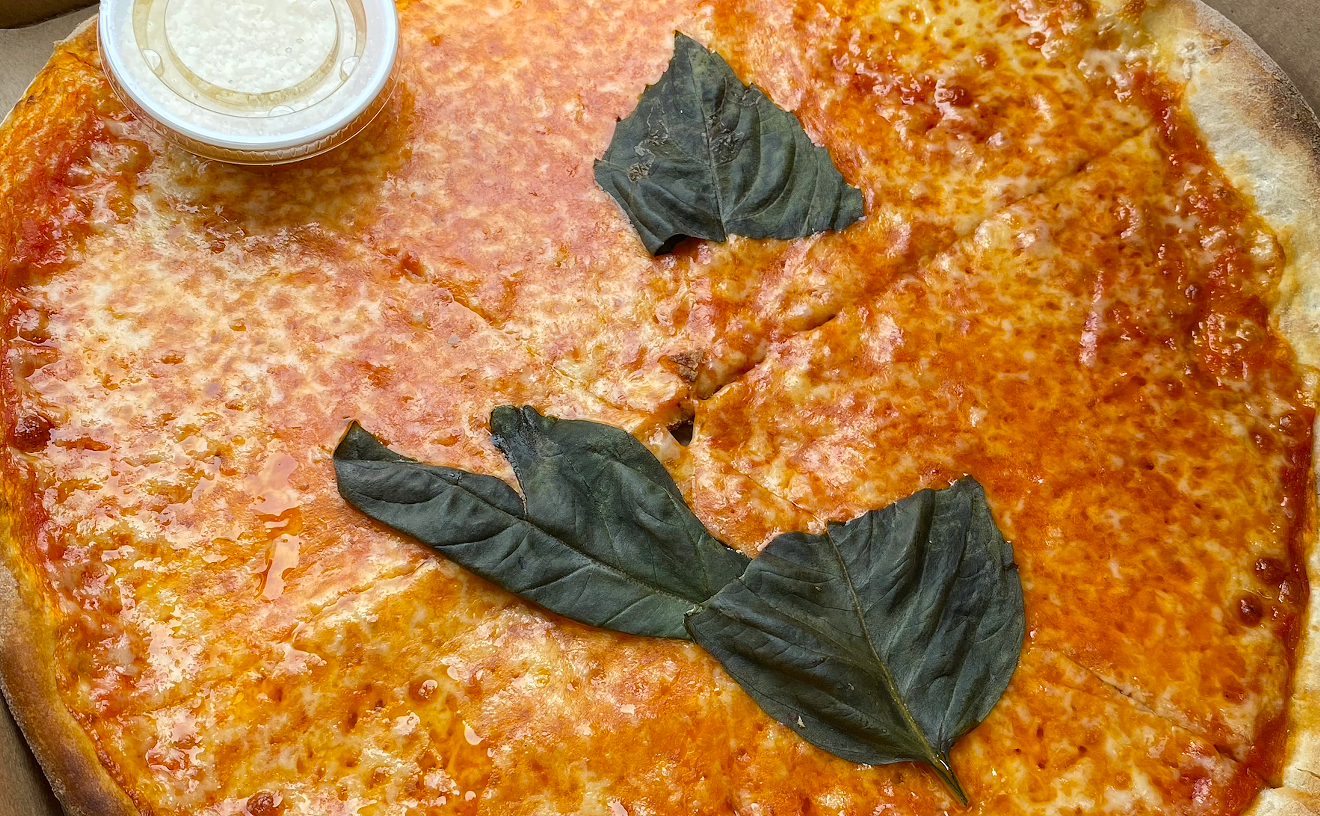The brand new Andrews Farm backs right up against Publix.
See Also: Sunny Garden Isles Community Farm Launches This Weekend in Dania Beach: Free Lunch and Tours Saturday
That is Michael Madfis's dream. He wants to be to urban farming what Ray Kroc was to McDonald's - but sans all the greasy burgers and unhealthy food. In fact, what Madfis is looking to create is in every way anathema to the McDonald's empire, with one exception - he wants to be everywhere. In that effort, he recently established his latest, for-profit urban farm, Andrews Farm.
Madfis and his company, Fort Lauderdale Vegetables, are responsible for many of the community gardens that dot the Fort Lauderdale area. Those gardens were labors of love and while Madfis certainly brings his passion for horticulture to this project, it's more than just another community garden. The Andrews Farm is a for-profit venture that Madfis hopes to run like a franchise with a farmer in place of the franchisee.
"Instead of being a community market garden where one has a local farmer producing food and subsidized by the community, here we're going to be doing a commercial farm and producing food for sale," says Madfis.
The plot is not large about 50 feet wide by 130 feet deep. It backs right up against the back wall of the two story Publix located at Andrews Avenue and Southwest Sixth Street. With the exception of this formerly empty lot this is a highly developed industrial area full of businesses and teeming with humanity. To Madfis, this is the perfect spot for his farm.
"One of the reasons people say they don't purchase local produce is the inconvenience. They're already at Publix buying the other things they need so a separate trip to a famer's market seems like a lot of work."
By putting his micro-farm in this prime location, Madfis hopes to wipe that excuse from people's minds. He says that they will be able to produce organic produce that is not only convenient but as cheap or cheaper than what you'll find in the grocery store. How can he do that?
"We're leasing this land from the property owner part of the intention is that we will qualify for agricultural use and then the tax rate will shift. The proper owner has no plans to develop it at this time and so he can benefit from the lower tax rate."
Additionally, the farm is highly efficient, providing far more yield per square foot with less labor and cost than a traditional industrial farm.
"We've packed it very tightly with the growing system, so if you were to talk about plant production, it's about $200,000 per acre in production value. Most farmers get 10,000 to 20,000 at peak."
Madfis explains that this is actually because of the large scale nature of the "Big Ag" farms. Rows have to be spaced widely for tractors and other large farm equipment. That large equipment is expensive as are the maintenance and fossil fuels they require. Massive amounts of land are required in addition to fertilizer and pesticides.
Then, of course, there's the location of the farms. Because they're so large they have to be far from the people they feed. Most of what you pay for when you purchase a tomato at the grocery store is the cost of transporting it.
There is also all of the environmental damage from all the equipment, fossil fuels, and chemical run off. It's such an expensive proposition that for all that work Madfis says the farmer takes home maybe $30,000 a year.
With his system, all of that is upside down.
"The idea is to make jobs. I've got a gentleman here today who doing the plumbing for the irrigation. We'll need a farmer. This farm is going to produce enough for maybe 100 families or 50 families and one restaurant a week. Lets say the farm pulls in $2,000 a week and half of that is the farmer's salary and he might split that with some helpers if he needs them. And with that they can live and we can reproduce these farms many times within the urban community. We'll also have seminars here at the farm. We'll have activities and a lot of people walking by asking what's going on. We hope to get a feel for what out customers want."
In truth, Madfis is hoping to recreate our food system by merging it back into the landscape of most people's everyday, modern lives. The farm is an enclosed, permaculture system that is highly efficient and producing no environmentally damaging waste. Each farm will produce decent jobs and businesses to support the farm such as compost production will spring up around the farms creating more jobs. And the community will have cheap, convenient, organic produce.
"Maybe they didn't think of it has happening on Andrews Avenue, but here it is."
Right now, the farm is just coming together, but in a few weeks Madfis will start signing people up for CSA baskets with the first baskets going out a week or so after that. They should range in price from $15 a week for a basket for one to $45 for a basket for four. Visit fortlauderdalevegetables.com or visit their Facebook page to find out how you can get a basket of your own. And if the idea of being an urban farmer appeals to you, email Madfis at [email protected].
Follow @ CleanPlateBPB











